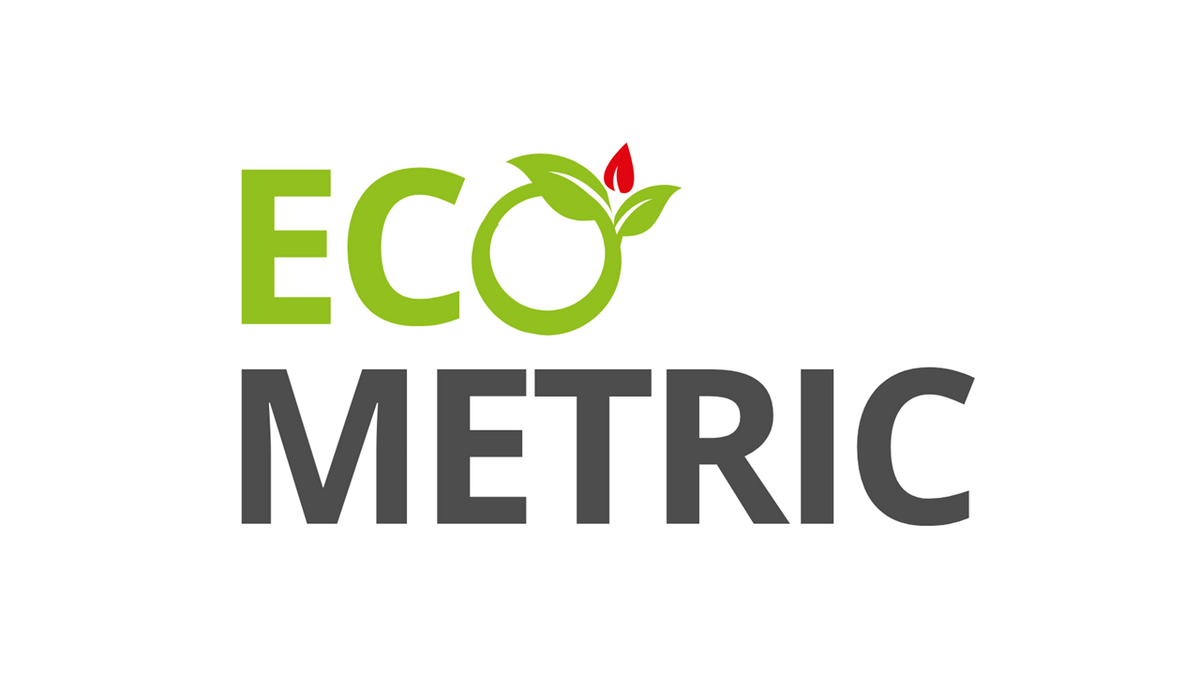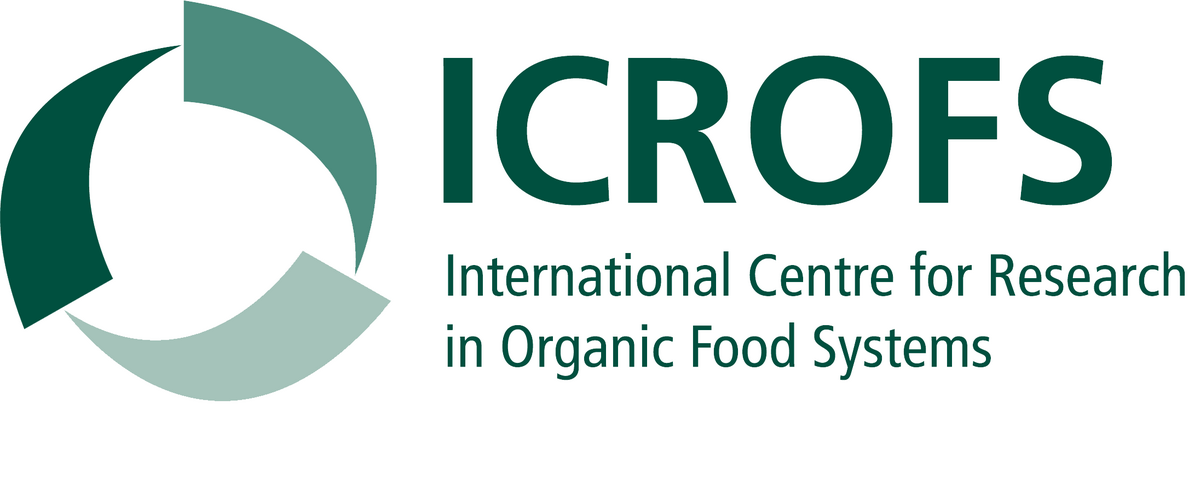
Biodiversity and environmental responsibility are key concepts in the new EU taxonomy as well as in the vision of organic agriculture (IFOAM) to produce food while conserving natural resources for future generations. The transformation to sustainable production systems is of paramount importance for all agricultural systems. However, for organic farming to document its contribution to EU biodiversity targets is of particular relevance and importance for the organic sector to strengthen its credibility and commercial sustainability, highlighting its positive contributions for the environment and society .
Biodiversity is inherently difficult to quantify and value. Biodiversity is complex, encompassing different groups of organisms and operating at different spatial and temporal scales. Species richness and abundance are traditional measures of biodiversity, and conservation efforts in pristine natural areas often focus on these measures, as well as the presence of rare species. Agro-ecosystems have low species richness and few rare species. However, high functional diversity of organisms that support vital ecosystem functions and services, such as natural pest control and pollination, are intrinsically linked to the health, productivity and stability of agro-ecosystems. Therefore, indicators of biodiversity on agricultural land should include biological and functional diversity as well as context dependencies. Furthermore, a system for measuring biodiversity should align views of decision-makers and society in order to maximise the effectiveness and impact of biodiversity actions and policies.
The EcoMetric project will provide a framework for the development of a science-based system for quantifying biodiversity in agricultural landscapes managed for organic production, co-developed with key stakeholders, including authorities, retailers, investors and green NGOs.
The system will build on the habitat mapping tool Field Ecospace, currently used for farm advisory services, and integrate it with ALMaSS (Animal, Landscape and Man Simulation System), a simulation system consisting of landscapes, farming and physical chemical environment in which animals and humans can be modelled.
The framework developed in EcoMetric includes
EcoMetric will therefore develop a proof-of-concept for a dynamic biodiversity metric for agricultural land that is aligned with farm-level advice, incorporates spatio-temporal changes at local and landscape levels, and can be used in regional planning to promote biodiversity in agricultural landscapes.
EcoMetric is coordinated by Senior Researcher and SESS member Yoko L. Dupont. The project is carried out in collaboration with the Innovation Centre for Organic Farming (ICOEL).
Sort by: : Date | Title

2024-2026
Ministry of Food, Agriculture and Fisheries of Denmark GUDP (Green Development and Demonstration Programme)
& International Centre for Research in Organic Food Systems (ICROFS)
